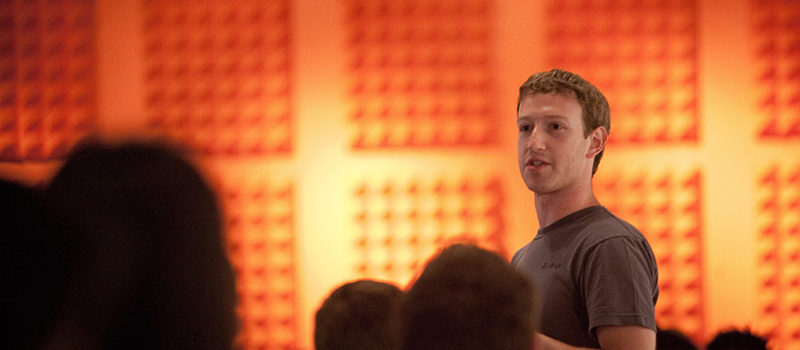Investor pitch events are a dime a dozen, but no one does it with the flair and furor of Y Combinator. Now in its 25th Demo Day, the Silicon Valley accelerator has created a machine for turning fledgling ideas into businesses that get investors salivating—and writing checks. Since 2005, Y Combinator has funded 1,430 companies and nearly 3,500 founders. Its graduates have gone on to raise more than $13 billion in total.
The latest cohort, unveiled over two days at the Computer History Museum in Mountain View, Calif., featured 124 companies from 18 countries—marking the largest class in the accelerator’s history. Of this group, five teams are building education technology tools with support from mentors from Imagine K12, the local edtech accelerator that Y Combinator absorbed last February.
The San Francisco-based startup combines some of the hottest trends in the edtech industry: computer science education, small classes, and income-share agreements. Lambda School allows students to pay nothing upfront, in return for 17 percent of their salary for two years once they get a software-related job that pays more than $50,000. (The company will not take more than $30,000 over the two years.)
Other tuition options exist: a student who pays $10,000 upfront will give up 17 percent of their income for one year. Those who pay $20,000 don’t have to give anything back.
“Both my co-founder and I come from small towns, where we were surrounded by brilliant people who don’t have the opportunities that we enjoyed,” Austin Allred, the company’s co-founder and CEO, tells EdSurge. “Our main goal is to give access to world-class technical education for folks who may not otherwise have it.” The company accepted its first cohort of 30 students this past July, added another 40 in August, and will have 100 for its September class.

